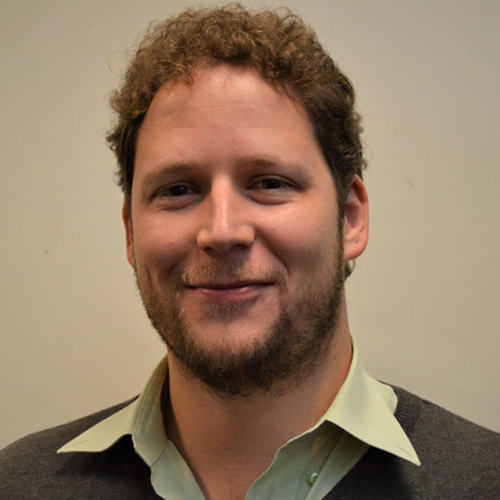
Graeme Hoddinott
Country (Nationality)
South Africa
Grantee Title
Project: Optimizing Care for Adolescents with Tuberculosis: A Pilot Implementation Study in Namibia (OASIS-PN)
Grantee Description
Research area:
Tuberculosis
Host Organisation & country:
University of Namibia, Namibia
Summary
Despite the continuous health burden of Tuberculosis in Africa there is almost no literature on the Tuberculosis experiences of Adolescents and Young People [AYP] or how best to offer this group which is at the highest risk, Tuberculosis services. The OASIS-PN project will fill this critical gap by working with AYP to understand their experiences and co-develop mechanisms and strategies to optimise TB services using a person-centred approach.
Grantee Description
Dr Graeme Hoddinott is a Senior Researcher and the Socio-behavioural Science Lead at the Desmond Tutu TB Centre, Department of Paediatrics and Child Health, Stellenbosch University, South Africa. He obtained his PhD in Psychology from the University of KwaZulu-Natal in 2019 and his doctoral work focused on developing a conceptual model of school-based HIV prevention premised on community dialogue and ‘shifting the narrative’.
Dr Hoddinott now works to understand how best to deliver acceptable, family-oriented Tuberculosis (and related disease) services for children, adolescents, and their caregivers. He is passionate about creating opportunities for emerging African scientists through a focus on research method rigor, mentorship, and opportunities for participation.
Project: Optimizing Care for Adolescents with Tuberculosis: A Pilot Implementation Study in Namibia (OASIS-PN)
In the OASIS-PN project we are working toward making TB services for adolescents and young people (aged 10-24-years-old) better. We want adolescents and young people who need TB services to get highest quality care – delivered in ways that are convenient, friendly, and acceptable. We plan two cross-cutting capacity-building activities: Firstly, creating local ‘advisory groups’ of young people to help us interpret the research project data and improve TB services together. Secondly, we will fund a group of PhD-level social and behavioural scientists to use the OASIS-PN project experience as future academic leaders at the University of Namibia. Building on this platform, we will implement three complementary research projects to understand: (1) the experiences of adolescents and young people who are receiving TB services, (2) how TB services for adolescents and young people are organised at health facilities and in communities, and (3) adolescents’ and young people’s preferences and priorities for making their TB services better. Working with community members and the comprehensive, synergistic research projects will set the agenda for improving TB services for adolescents and young people in Namibia and elsewhere in southern Africa.
